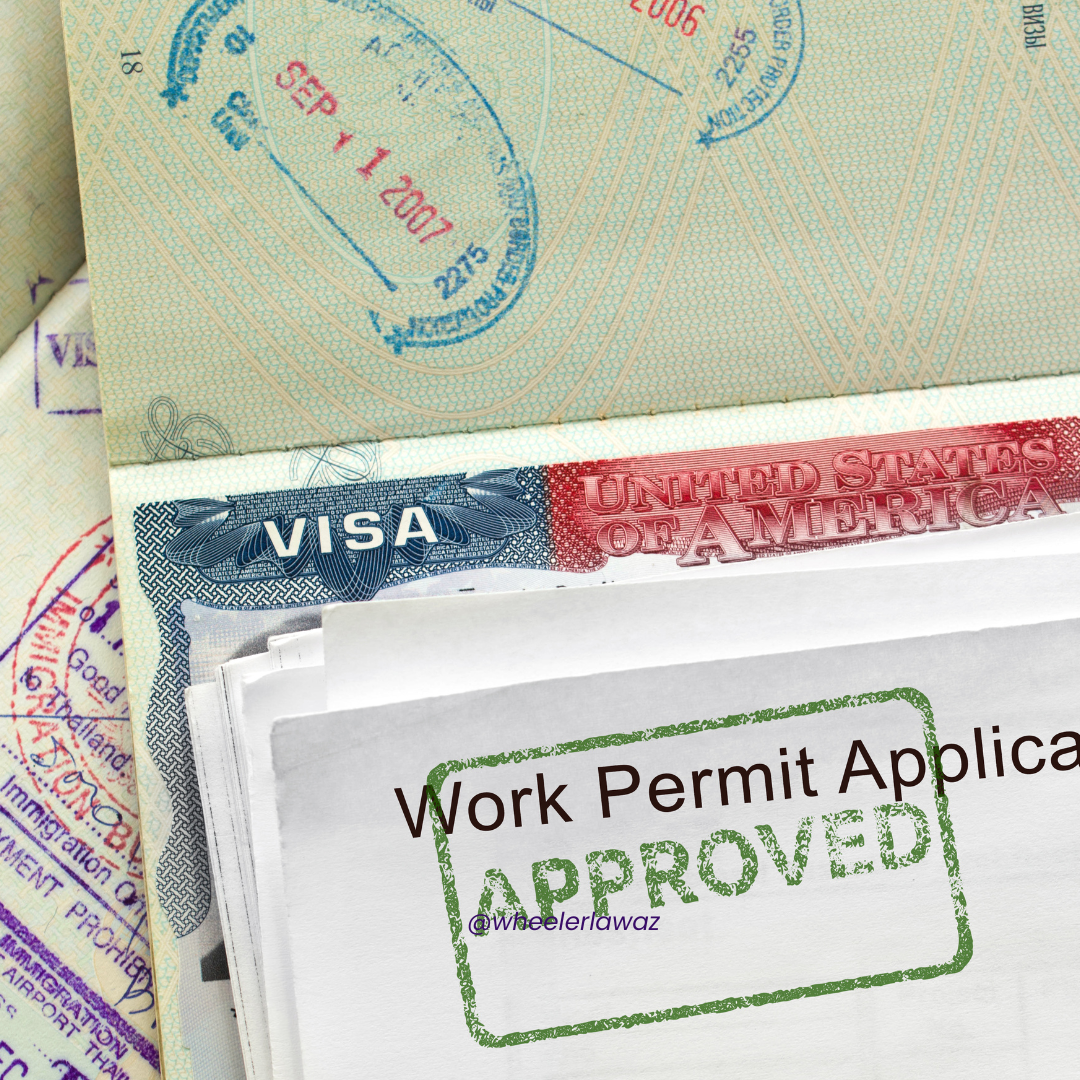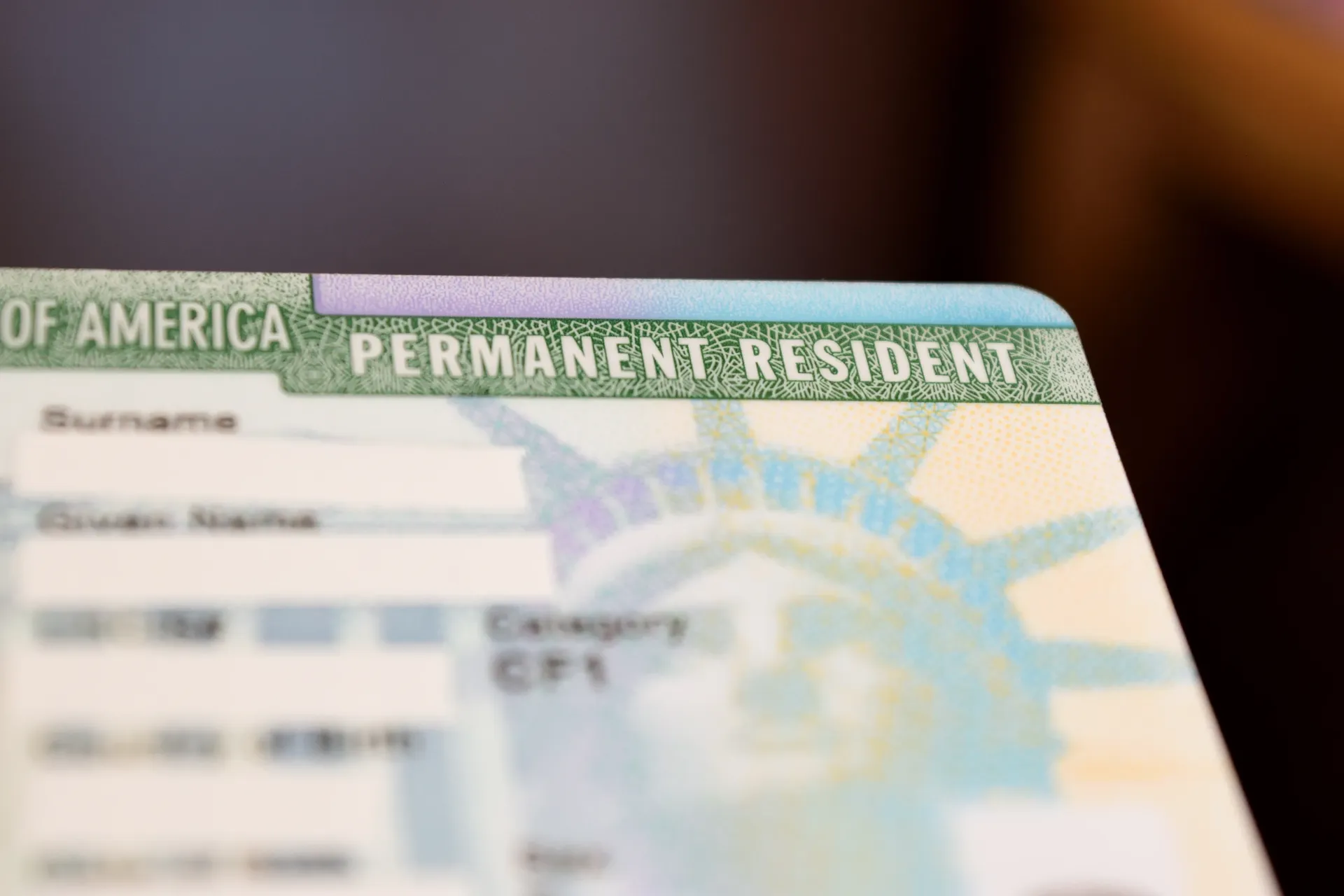Contact Us
Phone: 602-586-5625
Location
7227 N. 16th Street
Suite 195
Phoenix, Arizona 85020
Hours
- Mon - Fri
- -
- Sat - Sun
- Closed
Challenge to Biden’s New Parole in Place Program
Challenge to Biden’s New Parole in Place Program
The Eastern District Court of Texas has issued a 14-day administrative stay on approving Parole in Place (PIP) applications under the Biden Administration’s new “Keeping Families Together” program. This decision follows a lawsuit filed last week by 16 U.S. states challenging the program. While the stay is in effect, PIP applicants can still submit Form I-131F applications to U.S. Citizenship and Immigration Services (USCIS), but the agency is temporarily barred from approving any applications during this period.
Latest Update:
On Aug. 26, 2024, the United States District Court for the Eastern District of Texas, in Texas v. Department of Homeland Security, Case Number 24-cv-306 administratively stayed DHS from granting parole in place under Keeping Families Together for 14 days.
To comply with the district court’s administrative stay, USCIS will:
- Not grant any pending parole in place requests under Keeping Families Together.
- Continue to accept filings of Form I-131F, Application for Parole in Place for Certain Noncitizen Spouses and Stepchildren of U.S. Citizens.
- Continue to schedule biometric appointments and capture biometrics at Application Support Centers (ASCs).
The district court’s administrative stay order does not affect any applications that were approved before the administrative stay order was issued at 6:46 p.m. Eastern Time on Aug. 26, 2024.
What is an "administrative stay"?
An administrative stay is a temporary order issued by a court that pauses or suspends a specific action or decision, typically while the court considers the legal issues involved. In the case of the Parole in Place (PIP) program, the administrative stay means that USCIS cannot approve any PIP applications for a set period, allowing the court to assess the legal challenges against the program.
Should I still apply?
If you're thinking about applying for Parole in Place (PIP), it's advisable to submit your application now, even during the stay, while USCIS is still accepting them. If the program is allowed to proceed, having your application in early ensures it will be in the queue for processing. Additionally, the court may soon prohibit USCIS from accepting new PIP applications, so it's best to apply before that happens. However, keep in mind that if the program is ultimately discontinued, you won't be reimbursed for your filing fee or any legal fees.
Review of the Parole in Place Program
On June 17, 2024, the Department of Homeland Security (DHS) announced a key step toward fulfilling President Biden’s commitment to promoting family unity in the immigration system. On Aug. 19, 2024, DHS implemented Keeping Families Together, a process for certain noncitizen spouses and noncitizen stepchildren of U.S. citizens to request parole in place under existing statutory authority.
Requirements:
- Be present in the U.S. without a lawful admission or entry
- Have been in the United States for at least 10 years
- Have been married to a U.S. citizen as of June 17, 2024 And the marriage must be valid (for the reason of love and not immigration purposes)
- Eligible for status (no significant criminal history or multiple entries)
Application Process:
- Open Contract
- Follow up appointment to bring in questionnaire and all evidence/documentation
- Follow up appointment to complete online application
- Receive receipt notices from USCIS Receive biometrics appointment (fingerprints/photo) from USCIS
- Wait for approval
- Once approved, apply for adjustment of status!
TIPS FOR SUCCESS
- Complete ALL sections of the application forms.
- Don’t forget to SIGN your application forms.
- Do NOT send original documents unless specifically requested in the form instructions or applicable regulations.
Wheeler Law is available to answer any other questions you may have, and/or help you take the next steps to your, or your loved ones, future. At Wheeler Law, we find creative solutions to break down the barriers holding you, or a loved one, back from obtaining legal status in the United States. Call us now to schedule a consultation: (602) 586-5625.
Follow us on
social media for more updates.





Schedule a Case Evaluation
Contact us now!
Disclaimer: The information on this website is for general information purposes only. Nothing on this site should be taken as legal advice for any individual case or situation. This information is not intended to create, and receipt or viewing does not constitute an attorney-client relationship.
All Rights Reserved | Wheeler Law | Powered By Convert It Marketing | Privacy Policy
All Rights Reserved | Wheeler Law | Powered By Convert It Marketing | Privacy Policy




